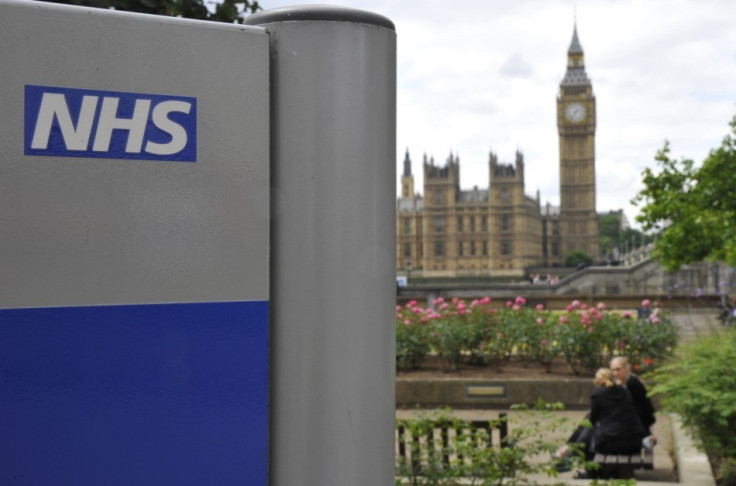Mental Illness is UK's Biggest Health Problem But Gets Just 10% of NHS Budget
Royal College of Psychiatrists report highlights huge disparities between mental and physical health treatment

More people in the UK suffer from mental health problems than cancer or heart disease yet just 11 percent of the NHS's budget is spent on treatments for mental illness.
A report by the Royal College of Psychiatrists has highlighted huge disparities between treatment of mental and physical health.
Whole-Person Care: From Rhetoric to Reality has been published a week before new NHS structures come into force. It offers recommendations on how mental health can be better treated.
Sue Bailey, president of the Royal College of Psychiatrists, said: "Much has been done to improve mental health in the last 10 years but it still does not receive the same attention as physical health, and the consequences can be serious.
"People with severe mental illness have a reduced life expectancy of 15-20 years, yet the majority of reasons for this are avoidable.
"Achieving parity of esteem for mental health is everybody's business and responsibility. I therefore urge the government, policymakers, service commissioners and providers, professionals and the public to always think in terms of the whole person - body and mind - and to apply a 'parity test' to all their activities and to their attitudes."
The report found that mental health accounts for 22.8 percent of the so-called "disease burden" in the UK - more than cardiovascular disease (16.2 percent) or cancer (15.9 percent).
Mental health overshadowed
Under the NHS reforms, services will be opened up to competition from care providers and local authorities will take on a bigger role, assuming responsibility for public health budgets.
The report says that the government should make treatment for physical and mental health problems equal with agreed waiting times and emergency care.
Public health programmes should include a focus on the mental health dimensions of physical health problems, such as smoking, obesity and substance abuse, as well targeting stigmas attached to mental health illnesses.
Paul Farmer, chief executive of Mind, said: "People often tell us about the stark differences they have experienced in accessing NHS services for physical and mental health care, feeling they have to 'settle for less' with their mental health.
"One person told us they get immediate attention for slightly high blood pressure, but face indifference and long waits about their mental health needs unless they are suicidal. Others have told us that they experience far better treatment in A&E for physical symptoms than when they need emergency help in a mental health crisis or for self-harm injuries. This is not acceptable."
Sean Duggan, chief executive of the Centre for Mental Health, said: "For too long our mental health has been overlooked. Children and adults alike have not received the timely help they need when they become unwell. And the physical health of people with a mental illness has been overshadowed.
"Today's report sets out clear objectives and welcome commitments to putting this right. The disparities we face today require change at every level, from national decisions about how money is spent to the everyday work of health and care professionals.
"But by starting on the journey today we can make great progress and start offering people with mental health conditions a fairer chance in life."
© Copyright IBTimes 2024. All rights reserved.






